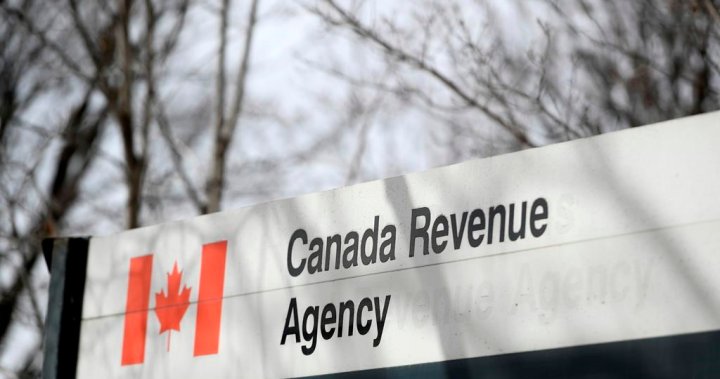Many Canadians, including Peter Corry from Alberta, were recently caught off guard by a new reporting requirement for bare trust arrangements introduced by the Canada Revenue Agency (CRA) this year. Corry, like many others, quickly arranged for accounting services to file his bare trust tax returns before the deadline, fearing penalties for missing it. However, just days before the deadline, the CRA announced that Canadians with bare trust arrangements would not be required to file certain tax returns unless specifically requested by the agency. This last-minute change left many Canadians feeling frustrated, as they had already spent significant amounts of money on accounting services and tax preparation fees.
Franco Terrazzano, federal director of the Canadian Taxpayers Federation, expressed that Canadians have every right to be upset with the CRA’s handling of the situation. The sudden announcement of rule changes just before the deadline seemed to unnecessarily complicate the tax filing process for many individuals. The CRA’s decision to retract the reporting requirements for bare trust arrangements was made in recognition of the unintended impact on Canadians who were not aware of the new rules. A bare trust refers to a legal ownership situation where the trustee holds the title to the property or account for the beneficiary, without any decision-making power.
The CRA had initially announced the requirement for bare trust arrangements to file a T3 tax return and Schedule 15 this year, but later decided to waive penalties for those who missed the deadline due to confusion over the new rules. Brendan McCann, a partner at McCann & Associates LLP in Toronto, noted that accountants had spent numerous hours researching and assisting clients with the new reporting requirements. While clients who had already filed were able to avoid penalties, accountants who had not yet filed likely would not be compensated for their time and labor. McCann emphasized the need for clearer guidance from the CRA and the Department of Finance in future years to prevent last-minute changes causing confusion and frustration.
John Oakey, vice president of taxation at Chartered Professional Accountants (CPA) Canada, acknowledged the frustrations expressed by Canadians regarding the last-minute rule change but suggested that seeking reimbursement from the CRA may not be likely. Oakey emphasized the complexity of the decision-making process behind the late announcement, suggesting that there may be multiple players involved. Despite the criticisms directed at the CRA, Oakey encouraged affected Canadians to reach out to their member of Parliament to express their concerns and frustrations with the system. While there may be no compensation offered by the CRA for those impacted by the late rule change, Oakey believes that raising awareness and seeking accountability is an important step for affected individuals.
Overall, the sudden changes to the bare trust reporting requirements by the CRA have left many Canadians, accountants, and taxpayers feeling frustrated and uncertain. The lack of clear communication and timely guidance from the CRA has caused confusion and financial strain for those who quickly complied with the new rules only to have them retracted shortly before the deadline. Moving forward, there is a call for improved communication between the CRA, the Department of Finance, and Canadians to prevent last-minute rule changes and ensure a smoother tax filing process. Despite the challenges faced by many individuals due to the late announcement, it is important for affected Canadians to voice their concerns and seek accountability through their representatives in order to address the frustrations caused by the sudden change.


